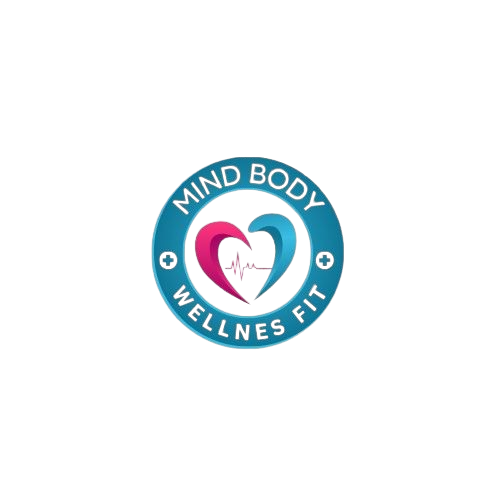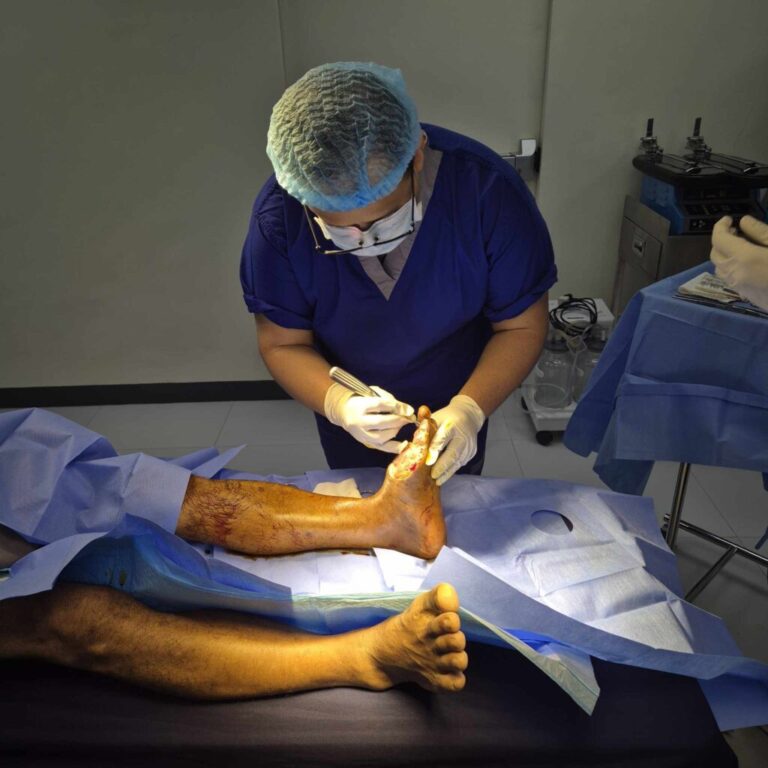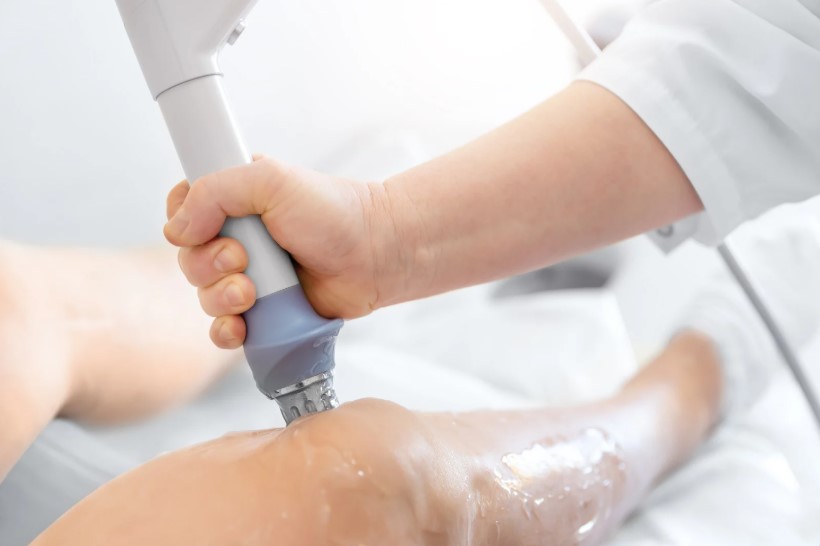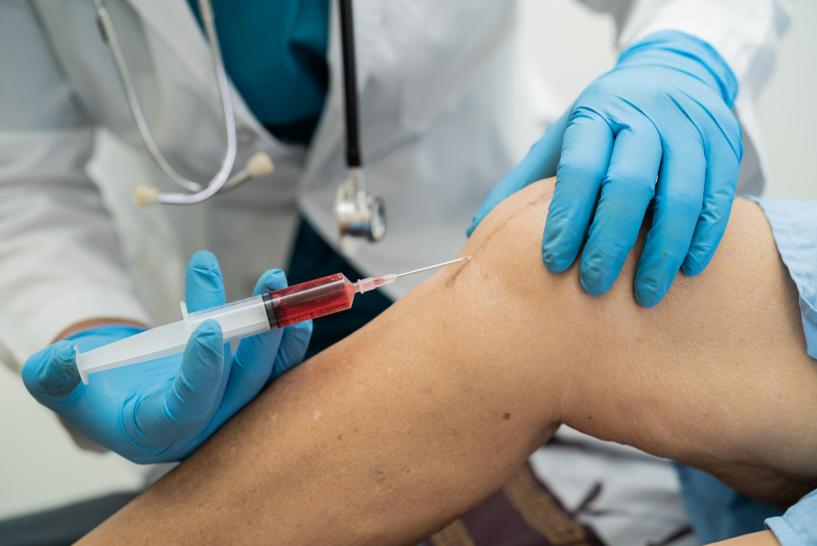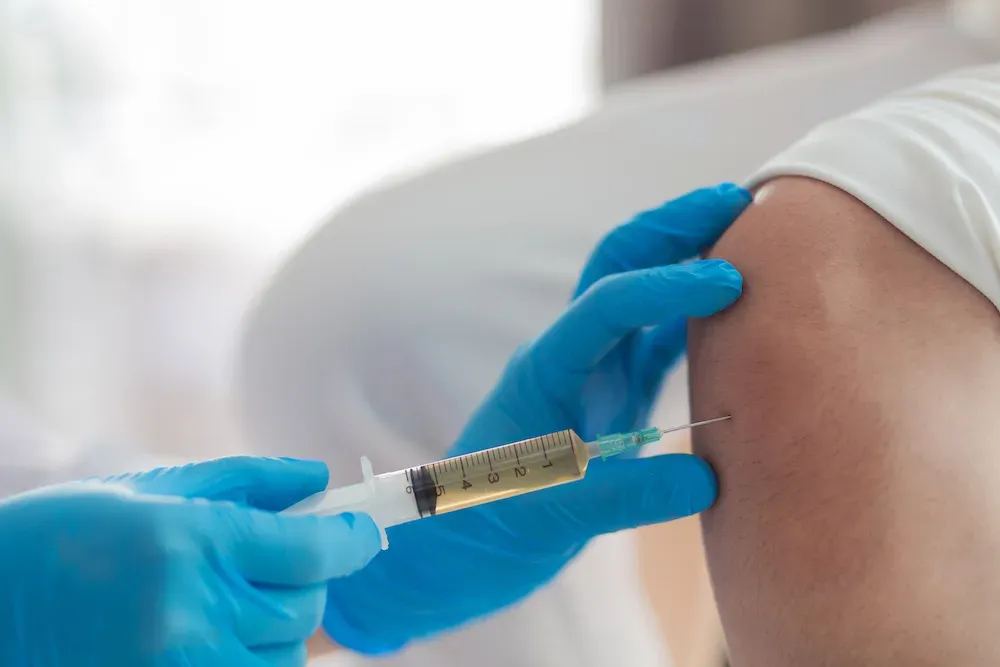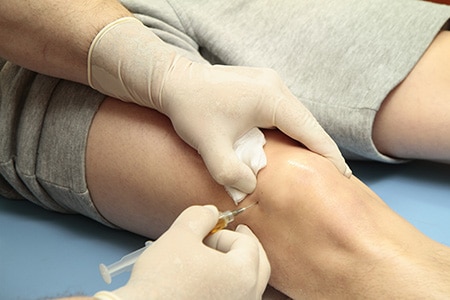Understanding Debridement Services
Debridement is a medical process where damaged, infected, or dead tissue is carefully removed from a wound to allow healthier tissue to heal properly. It is considered one of the most critical steps in advanced wound care because it prevents infections and creates the right environment for the body to recover. When wounds are left untreated, they can accumulate harmful bacteria, delay the healing process, and even lead to severe complications. Debridement services are often recommended for chronic wounds, severe burns, ulcers, or post-surgical wounds that do not heal on their own. In Quezon City, the availability of specialized clinics and hospitals offering this service ensures that patients have access to high-quality wound care. Proper debridement also minimizes scarring and restores tissue health more effectively. For those facing persistent or complex wounds, accessing professional care becomes essential.
Types of Debridement Methods
There are several approaches to debridement, and the right method depends on the wound type, severity, and overall health of the patient. Surgical debridement is one of the fastest and most effective methods, usually performed by a surgeon to immediately remove damaged tissue. Mechanical debridement, on the other hand, uses tools like wet-to-dry dressings or hydrotherapy to clean the wound, although it can sometimes be uncomfortable. Autolytic debridement is a gentler option, relying on the body’s natural enzymes and moisture to dissolve dead tissue, making it ideal for patients with less severe wounds. Enzymatic debridement involves the use of specialized ointments that break down necrotic tissue, often applied in advanced wound care centers. Another innovative method is biological debridement, where sterile larvae are used to consume dead tissue while leaving healthy tissue intact. Each of these methods serves a unique purpose and can be combined with other treatments depending on the patient’s needs. In Quezon City, medical professionals assess wounds carefully before recommending the most suitable option.
Benefits of Debridement for Proper Healing
The primary benefit of debridement is that it creates a cleaner wound bed, which accelerates healing. Without removing infected or necrotic tissue, wounds can stagnate, remain painful, and risk worsening over time. By clearing away dead cells, the wound environment becomes more receptive to treatments such as dressings, antibiotics, and advanced therapies. Another advantage is infection control; debridement significantly lowers the chance of bacteria multiplying and spreading. Patients who undergo proper debridement also experience improved comfort, reduced odor, and enhanced mobility if the wound is located on the feet or legs. Additionally, well-managed wounds lower the risk of long-term complications, such as amputations for diabetic patients. In Quezon City, patients can access care that not only addresses the physical wound but also supports overall wellness. Healthcare providers focus on both the immediate and long-term benefits of this service, ensuring patients regain quality of life faster.
Why Accessing Debridement Services in Quezon City Matters
Quezon City has become a hub for healthcare services in Metro Manila, offering both public and private facilities equipped for advanced wound care. With the growing number of patients who suffer from diabetes, vascular diseases, and other chronic conditions, access to reliable debridement services has become increasingly vital. The convenience of having specialized clinics within the city allows residents to seek timely care without traveling far. Many medical centers in Quezon City also have trained wound care specialists who can manage even the most complex cases. Compared to neighboring cities, the variety of healthcare options available here provides patients with both affordability and quality. This means that individuals can choose from government hospitals, private clinics, or specialized wound care centers depending on their budget and preferences. Accessibility plays a huge role in recovery, and having trusted debridement services nearby ensures patients can receive consistent follow-up care.
What to Expect During a Debridement Procedure
When a patient visits a clinic or hospital for debridement, the process begins with a thorough consultation. The doctor or wound care specialist will carefully examine the wound, check for signs of infection, and determine the best method for tissue removal. Depending on the type of debridement, patients may receive local anesthesia to minimize discomfort, especially during surgical or mechanical procedures. During the process, the healthcare provider removes dead or infected tissue, sometimes layer by layer, to preserve healthy tissue. Afterward, the wound is cleaned and dressed with specialized materials designed to promote healing. Patients are also given instructions for at-home care, such as keeping the wound clean and monitoring for any unusual changes. Pain management is a key part of the process, and clinics in Quezon City prioritize patient comfort and safety. Regular follow-up visits may be scheduled to track progress and ensure the wound is healing as expected.
Choosing the Right Healthcare Provider in Quezon City
Selecting the right clinic or hospital is crucial when it comes to wound care. Patients should prioritize facilities that have experienced wound care specialists and certified medical staff. It is also important to check whether the clinic has modern equipment and sterile facilities to prevent infections. Reputation and patient reviews can provide insights into the quality of care a provider offers. Another factor to consider is the level of personalized care, as each wound and patient requires a unique approach. In Quezon City, several medical institutions are known for their excellent wound management programs, making it easier for patients to find trustworthy providers. Accessibility and location may also influence the choice, especially for patients who require frequent follow-up visits. By choosing wisely, patients not only receive effective treatment but also peace of mind knowing they are in capable hands.
Cost of Debridement Services in Quezon City
The cost of debridement services varies depending on the type of procedure, the severity of the wound, and the facility where the treatment is performed. Surgical debridement performed in a private hospital will generally be more expensive than autolytic methods provided in smaller clinics. Patients should also consider additional costs such as dressings, follow-up appointments, and medications. Fortunately, Quezon City offers a wide range of healthcare options, from government hospitals providing more affordable services to premium clinics with advanced technologies. Some health insurance plans may cover part of the expenses, especially if the procedure is deemed medically necessary. Financial assistance programs may also be available for patients who qualify. Understanding the cost beforehand allows families to plan accordingly and avoid unexpected expenses. Patients are encouraged to discuss payment options with their chosen healthcare provider to ensure clarity.
Recovery and Aftercare for Patients
Healing does not stop after the debridement procedure; proper aftercare is essential for complete recovery. Patients are often advised to keep the wound clean and dry, changing dressings regularly as instructed by their doctor. Nutrition also plays a vital role in wound healing, with protein-rich foods and vitamins recommended for faster tissue repair. Lifestyle changes, such as controlling blood sugar for diabetic patients or avoiding smoking, can also support better outcomes. Follow-up visits allow healthcare providers to monitor healing progress and adjust treatments when necessary. Patients should also be vigilant for warning signs such as increased pain, swelling, or unusual discharge, which may require immediate medical attention. Clinics in Quezon City typically provide comprehensive aftercare programs, ensuring patients feel supported even after the procedure. With proper care, recovery times can be shortened, and long-term complications avoided.
The Future of Wound Care in Quezon City
Wound care is rapidly evolving, and Quezon City is keeping pace with modern advancements. New technologies such as negative pressure wound therapy and advanced biologics are being integrated into treatment plans. These innovations not only speed up healing but also improve patient comfort and outcomes. Hospitals and specialized clinics in the city are investing in state-of-the-art equipment to provide more efficient care. Additionally, awareness campaigns are helping residents understand the importance of early wound treatment, reducing the risk of complications. Telemedicine is also gaining traction, allowing patients to consult with doctors without leaving their homes. The growing number of skilled healthcare professionals in Quezon City ensures that patients continue to receive world-class services. With continuous improvements, the future of wound care looks promising for residents who need reliable debridement services.
Frequently Asked Questions (FAQ)
1. What types of wounds typically need debridement?
Debridement is often recommended for chronic wounds, diabetic ulcers, burns, surgical wounds, and injuries that have become infected or stagnant in healing.
2. Is the procedure painful, and how is pain managed?
Some methods may cause discomfort, but pain management techniques such as local anesthesia and prescribed medications are provided to keep patients comfortable.
3. How long does it take for a wound to heal after debridement?
Healing time varies depending on the severity of the wound and the patient’s overall health, but most wounds improve significantly with consistent care and follow-up.
4. Are there risks or side effects associated with debridement?
Like any medical procedure, risks may include bleeding, infection, or temporary pain, but these are minimized when performed by qualified professionals.
5. Can debridement services be done on an outpatient basis in Quezon City?
Yes, many clinics and hospitals in Quezon City offer outpatient services, especially for less invasive debridement methods.
6. What should patients prepare before undergoing the procedure?
Patients should share their medical history with the doctor, arrange for aftercare supplies, and follow any specific pre-procedure instructions provided by the clinic.
7. How do I find trusted clinics for debridement services in Quezon City?
Look for clinics with certified wound care specialists, positive patient reviews, and modern facilities that follow strict safety protocols.
